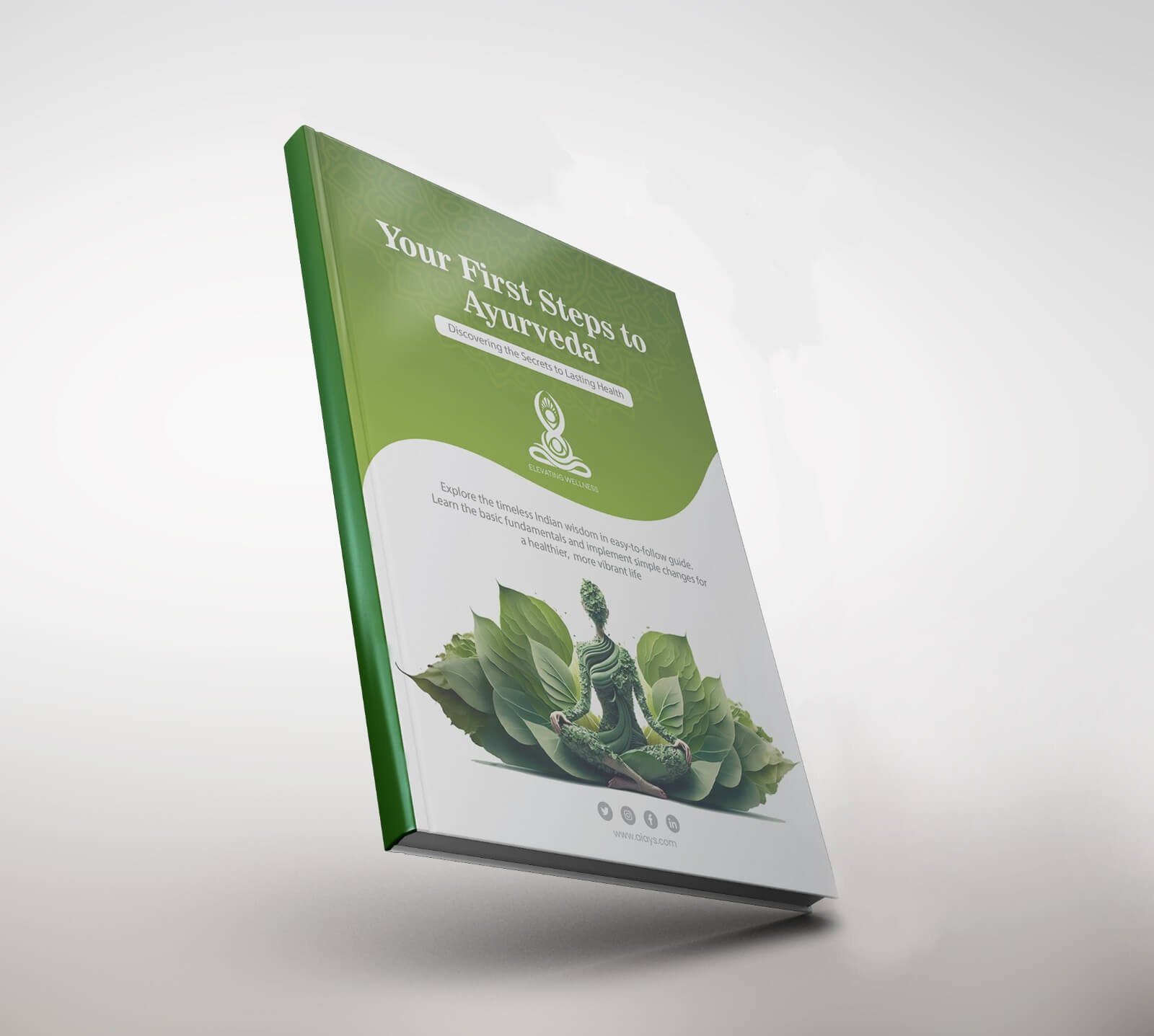Symptoms & Illnesses
Pain and Aches
Overview -Pain and Aches
Understanding Pain and Aches in Ayurveda
In Ayurveda, pain and aches are also viewed through the lens of dosha imbalances, primarily Vata, Pitta, and Kapha. Each dosha imbalance presents unique characteristics and remedies to alleviate discomfort and restore balance to the body.
🌿 Vata-Related Pain
Vata dosha imbalance often manifests as sharp, shooting, or throbbing pain, which may feel sudden, fluctuating, or migratory. Common issues associated with Vata-related pain include headaches, musculoskeletal pain, arthritis, and conditions like fibromyalgia.
Remedies for Vata-Related Pain:
- Firstly, consume warm, nourishing, and grounding foods such as cooked grains and root vegetables.
- Additionally, drink warm and soothing herbal teas like ginger, cumin, or fennel to pacify Vata dosha.
- Abhyanga (warm oil massage) using sesame oil and other warming oils can alleviate stiffness and improve circulation.
- Moreover, engage in gentle yoga and stretching exercises to release tension and promote relaxation.
- Furthermore, herbal remedies like ashwagandha, guggulu, and bala can balance Vata dosha and ease pain.
🌿 Pitta-Related Pain
Pitta dosha imbalance leads to intense, burning, or inflammatory pain often accompanied by heat, redness, and swelling. Conditions like headaches, skin inflammations, ulcers, and heartburn are commonly associated with Pitta-related pain.
Remedies for Pitta-Related Pain:
- To begin with, consume cooling, soothing, and anti-inflammatory foods such as cucumbers, leafy greens, and sweet fruits.
- Additionally, drink herbal teas like chamomile, peppermint, or licorice root to cool and pacify Pitta dosha.
- Cooling and calming herbal remedies like aloe vera and turmeric also reduce inflammation and discomfort.
- Furthermore, avoid spicy, sour, or hot foods that can aggravate Pitta dosha.
- Finally, try Shirodhara therapy, which involves pouring warm oil on the forehead, to induce relaxation and alleviate pain.
🌿 Kapha-Related Pain
Kapha dosha imbalance typically leads to dull, heavy, and persistent pain accompanied by stiffness or congestion. Conditions like sinus congestion, chest pain, respiratory issues, fluid retention, and joint stiffness are often attributed to Kapha-related pain.
Remedies for Kapha-Related Pain:
- Start with consuming light, warming, and stimulating foods such as lentils, greens, and spices to balance Kapha dosha.
- Moreover, drink herbal teas like ginger, tulsi (holy basil), or cinnamon to promote warmth and circulation.
- Warm oil massages using mustard oil and other warming oils can reduce stiffness and congestion.
- Regular yoga and exercise are essential to stimulate circulation and reduce stagnation.
- Lastly, herbs like turmeric, triphala, and haritaki can balance Kapha dosha and alleviate pain.
In Ayurveda, addressing pain and aches involves not only symptom management but also restoring harmony to the doshas, thus promoting overall well-being and vitality.
Therefore, we encourage you to arrange an appointment with our esteemed specialist for further insight and personalized guidance. Please click on the link provided below to schedule a consultation with our expert.
Ayurvedic Diet Specialist

Dr. Vivek Brijbahal Singh
BAMS, M.D. Rachna Sharir, Advanced PGD in Clinical Research



